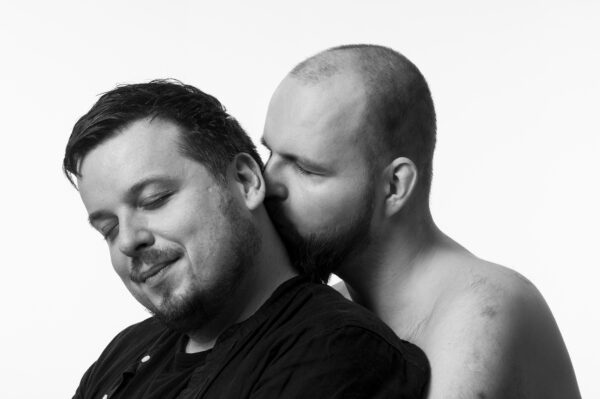Shigella is a bacterial infection that is mainly transmitted via food and water during stays abroad, but it can also be transmitted through sex. The transmission takes place by getting bacteria into the mouth that comes from another person’s anus. This can happen through sexual practices with direct contact such as rimming, anal and oral sex. Indirect transmission can also occur by coming into contact with objects that have bacteria on them such as fingers, sex toys, used condoms or douching tools.
Symptoms usually appear 1-2 days after getting the bacteria in the mouth and cause problems such as diarrhea, fever, bloody stools and stomach pain. Not all people get symptoms. Usually the infection clears up on its own within 5-7 days but bacteria can remain in the stool for two weeks after a Shigella infection. For some people, the symptoms last up to four weeks and it can take several months before the stomach behaves normally again.

Unfortunately, it is difficult to protect yourself against shigella as there is no vaccine and it does not take that much bacteria for the infection to be transmitted. The best way to protect yourself is to use a condom during anal sex and to wash yourself before and after sex. Also, wash sex toys and douching tools after use with perfume-free soap and water.
If you notice that you get really sick to your stomach a couple of days after you have had sex, you can test yourself for Shigella. This can be done at a regular health center. In the event of a confirmed Shigella infection, the Iaw states that you must stay home from work as long as you are sick. Special rules apply to those who work with food or in healthcare. Then a doctor needs to certify that you can no longer pass the infection on. Since bacteria can remain in one’s faeces for some time after one has recovered, one should be careful about, for example, being rimmed/licked around the anus for a couple of weeks.
Shigella is an infection that is becoming more common in Europe and in Sweden among men who have sex with men. It is primarily an antibiotic-resistant variant that has become more common. For most people, the infection can be managed without antibiotics and it will heal on its own. Others need antibiotic treatment. If you live with HIV, autoimmune diseases or are treated for cancer, you may have a weakened immune system. If you have a weakened immune system, Shigella can be more difficult to treat and you can suffer with the infection for a long time before you manage to get rid of it.






